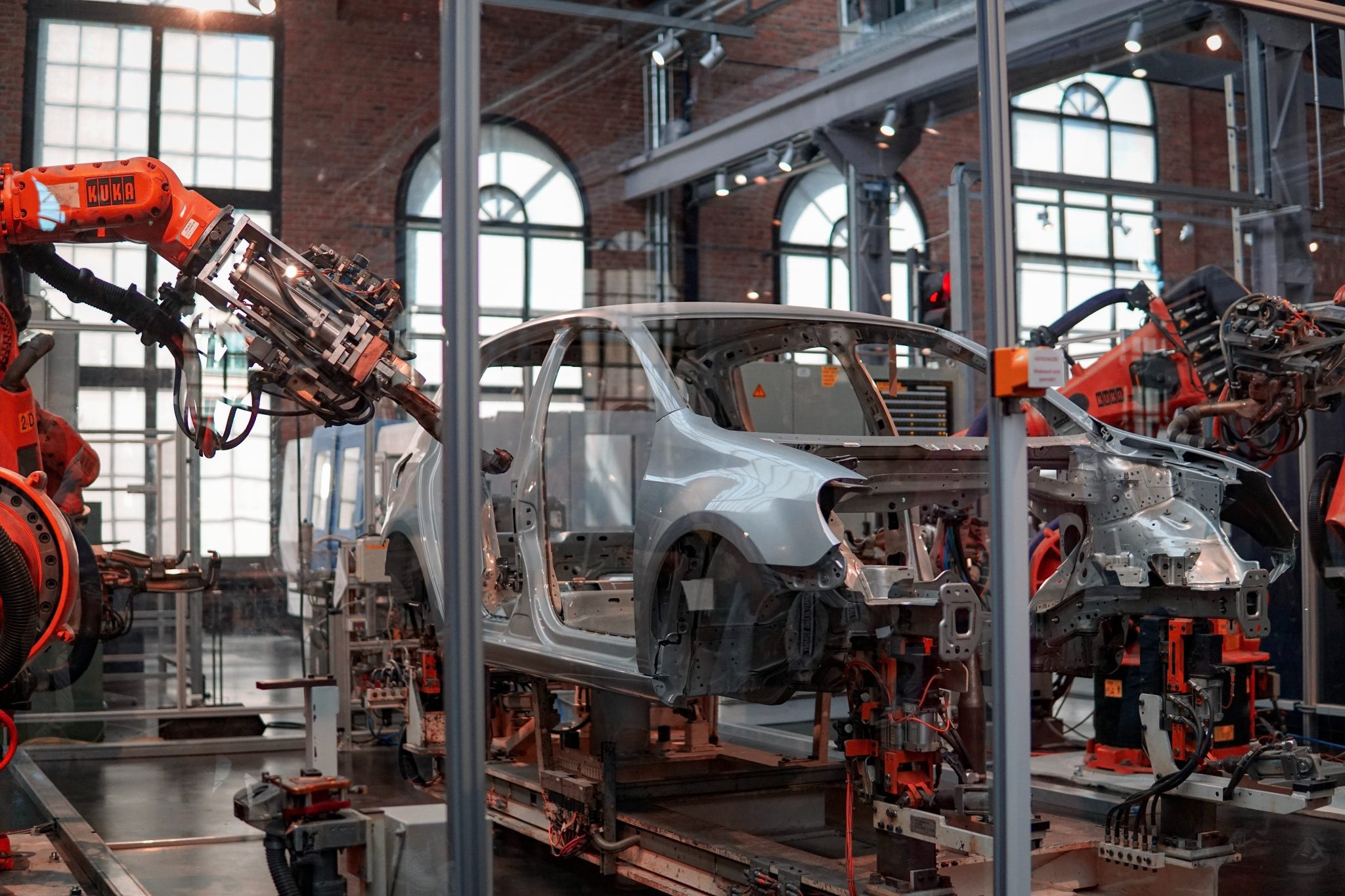Detroit Today: How innovations like AI affect labor negotiations
The rise of AI raises many questions about how it affects labor unions.

Negotiations between the United Auto Workers union and Detroit automakers appear to be at a standstill — with contract negotiations heading into a Sept. 15 deadline.
If the 146,000 UAW members were to strike, it would add to an increasing push by labor organizations across the nation to demand more concessions from corporations. This year is already one of the busiest for strikes since 2000.
One item complicating matters is the role technologies like artificial intelligence and electric vehicles can have on negotiations. Much like the rise of automation, it raises questions about how industries should balance technological advancement for the benefit of workers, businesses and consumers.
But what is the best way to balance these competing interests — assuming that’s possible?
Marick Masters from Wayne State University’s Department of Finance and Brookings Institution senior fellow Darrell West joined Detroit Today to discuss the role of technological advancements in the workforce.
Subscribe to Detroit Today on Apple Podcasts, Spotify, Google Podcasts, NPR.org or wherever you get your podcasts.
Guests:
Marick Masters is the chair of the Department of Finance at Wayne State University and a professor of management and adjunct professor of political science. He is an expert on organized labor. He says balancing technological advancement between labor and business has been a challenge historically in the auto industry.
“Walter Reuther said that one of the key challenges facing labor was its ability to work with the companies to harness the opportunities created by advanced technology,” says Masters. “And I think what labor wants and what Shawn Fain wants when he says he wants a fair and just electrification, is he wants labor to have a place at the table to make certain that its role is protected in that transition.”
Darrell West is a senior fellow in the Center for Technology Innovation within the Governance Studies program at the Brookings Institution. He says as jobs are lost to automation, there are roles for both government and businesses to help workers transition into the digital economy.
“I think a lot of people are concerned now that the balance has tilted in favor of businesses away from workers,” says West. “And so we do have to be careful during this transition to a digital economy — that there are not workers who end up getting left behind.”
Trusted, accurate, up-to-date.
WDET strives to make our journalism accessible to everyone. As a public media institution, we maintain our journalistic integrity through independent support from readers like you. If you value WDET as your source of news, music and conversation, please make a gift today.

